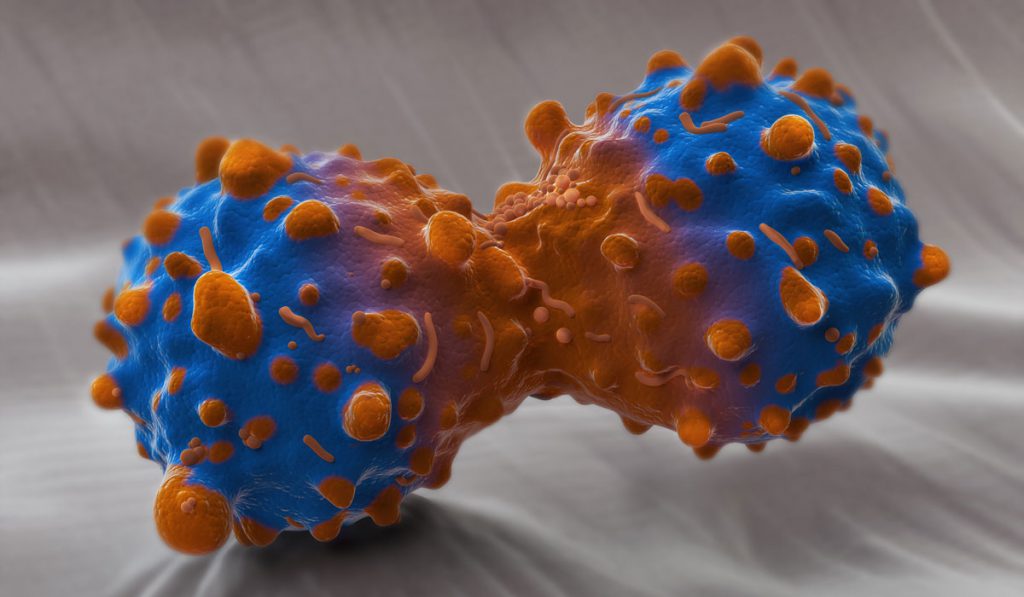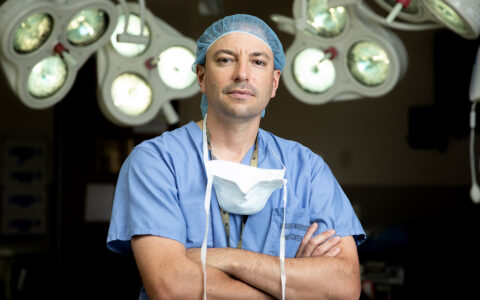Genetic mutations that underlie metastatic non-small cell lung cancer (NSCLC) have become a cornerstone of targeted therapies. Targeted therapies offer improved outcomes and an opportunity for personalized treatment approaches that match an individual patient’s cancer. The paradigm shift from therapies based on tumor histology to those that focus on molecular targets is also revealing new mechanisms of drug resistance, further driving NSCLC research.
Christine Lovly, M.D., co-leader of Translational Research and Interventional Oncology Research at Vanderbilt-Ingram Cancer Center (VICC) and a professor of hematology and oncology at Vanderbilt University, is an expert on targeted therapies for NSCLC. She is internationally known for her research and has testified before Congress about the importance of funding cancer research.
At the 2019 ASCO Annual Meeting, Lovly led a discussion on “Emerging Therapies for New Targets” that focused on two potential targeted therapies for metastatic NSCLC.
Importance of Multiple Targeted Therapies
Lovly uses her expertise to guide patients through the maze of precision therapies now available. New targeted therapies are constantly needed for patients who do not have a personalized medicine option as well as those who do, Lovly said, because of the potential for drug resistance.
“Understanding drug resistance is very important. Whether you are talking about targeted therapies or immunotherapies or chemotherapy, patients respond but then their tumors can come back. It’s our job as scientists to understand why that happens on a molecular level.”
Drug resistance is one reason why Lovly includes multiple therapies in every patient’s treatment plan. “I always want to have a plan B. My job is to develop that plan B so that when plan A doesn’t work anymore, we have a plan B, C and then D for that patient.”
Other Research Projects
Lovly leads a research lab at VICC focused on developing improved therapeutic strategies and overcoming resistance for specific clinically relevant molecular subsets of lung cancer. Lovly is also co-Editor-in Chief of My Cancer Genome, an online information tool designed to quickly educate clinicians, researchers and patients about the rapidly expanding list of genetic mutations that impact cancers. The tool has been shown to improve patient understanding of genetic concepts and increase their likelihood of taking an active role in treatment decision making.
Lovly developed the tool in part through a partnership with the Center for Quantitative Sciences, and is a strong believer in the power of team work and mentorship that can only be found at academic medical centers like Vanderbilt.
“If we work together, we are going to make the progress that will lead to better treatments and outcomes.”
“Nobody does important research by themselves,” she said. “The beautiful thing about a big place like Vanderbilt is that we have many experts. If we work together, we are going to make the progress that will lead to better treatments and outcomes for our patients.”





